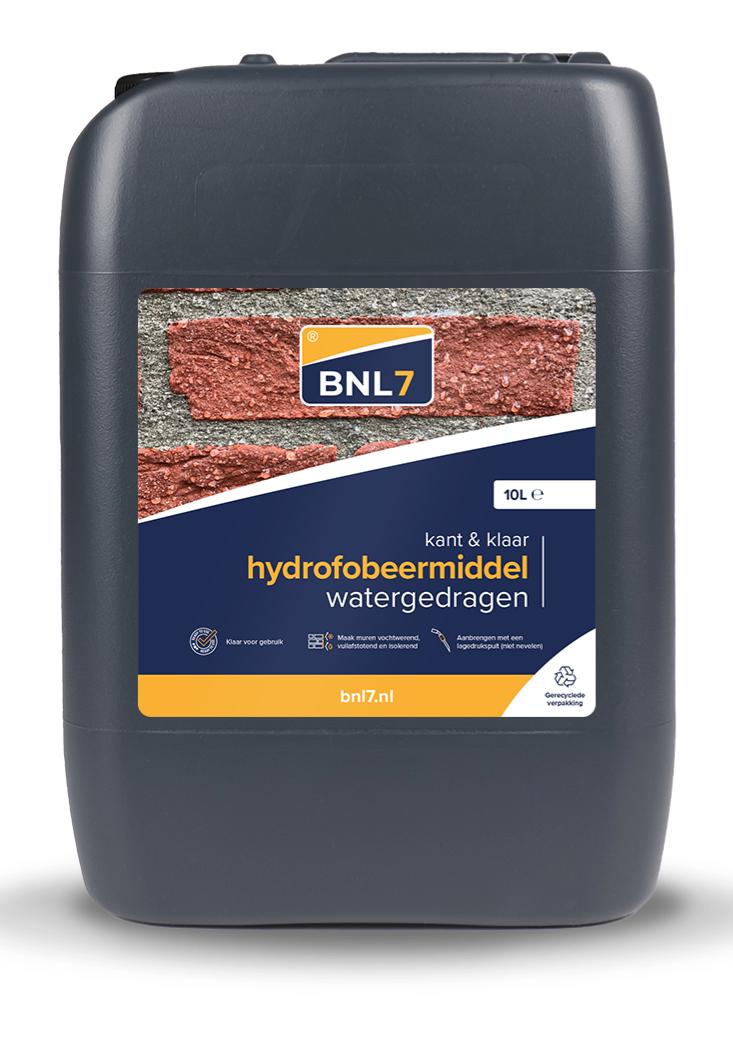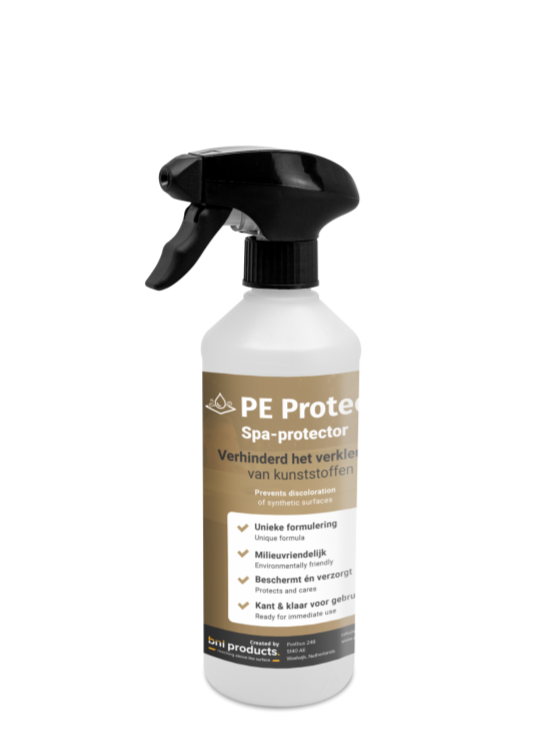BNL7
Product Description
BNL7 is a new generation for making facades of brick, concrete, plaster, natural stone, and grout durably water-repellent. The product contains at least 7% active substance and penetrates the substrate excellently thanks to innovative technology and is extremely fast-acting.
BNL7 is extremely fast-acting and in most cases, the facade is water-repellent within a few hours of application. After treatment, BNL7 is invisible and offers particularly durable protection.
The masonry is moisture-resistant but vapor-permeable, thereby increasing the thermal insulation value. The product prevents the growth of algae and is resistant to alkalis and acids and is unaffected by UV radiation from the sun.
Note:
If the substrate has already been hydrophobized or stones or mortars with hydrophobic properties have been used, then a water-based hydrophobic agent should not be applied. Use BNL10 or BNL25 instead.








